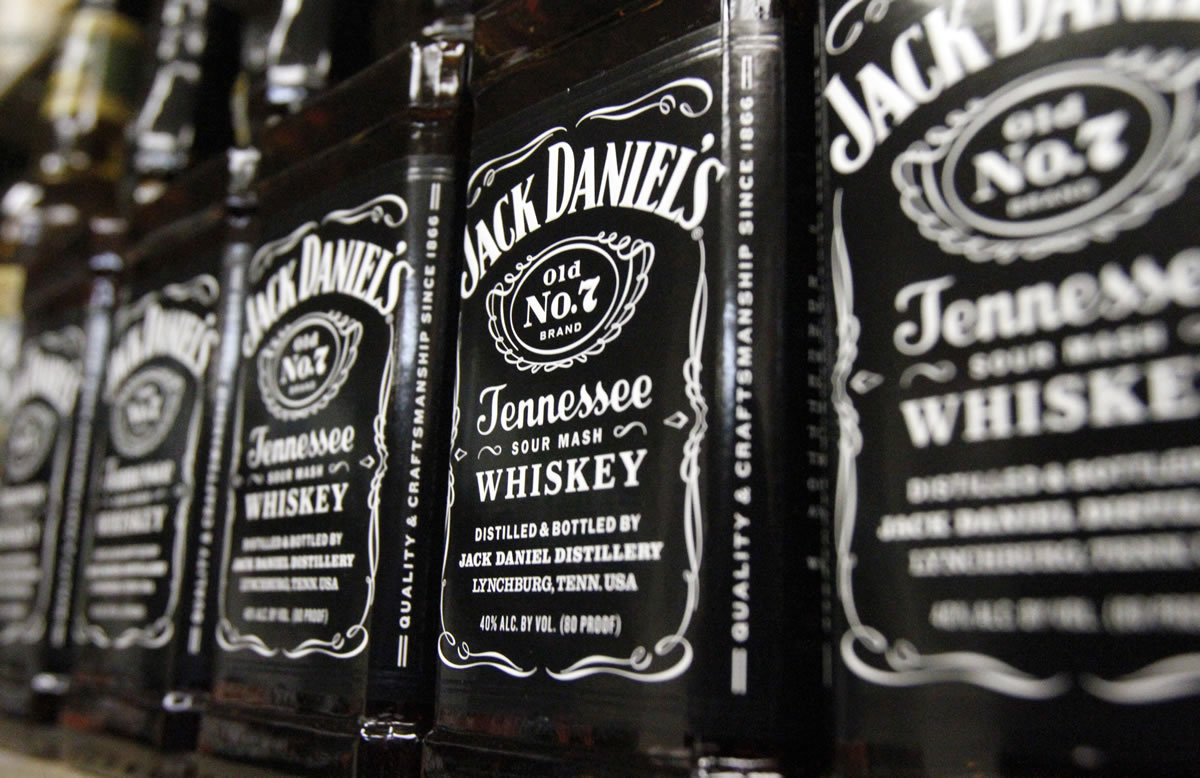MONROE — Bonnie Roulstone’s business thrived when the state controlled the liquor business, and is fighting to survive now that it’s out.
She’s watched sales at her Clearview Spirits and Wine store plummet as competitors proliferate and new rules wrought by the voter-ordered privatization of the booze industry take root.
“It’s very questionable if I can keep going,” she said of the three-year-old store that operated under contract with the state before the change. “I would have had to (close) if I didn’t have other resources.”
She expected the cash register to ring less often when the state stopped selling hard liquor last June, just not this much less.
“There’s more competition. That’s what this was all about. I understand,” she said. “Coming out of the gate, I knew I would lose 30 percent of my walk-in customers who can go get their liquor at the grocery store. I planned for that.”
What she, owners of other contract stores like her and buyers of state-owned stores through auction didn’t expect is a requirement that they charge a 17 percent fee on sales to bars and restaurants.
That rule cost her significant business as restaurateurs switched to buy from distributors who are not required by the law to impose the fee. Now she’s joined an alliance of small and large retailers, including Costco, to get lawmakers to erase the fee.
“I feel I can compete with anyone if I have a level playing field,” she said. “Right now the field is not level.”
She felt confident enough in the months after Initiative 1183 passed in November 2011 to set about opening a second store in Monroe. It is larger and she stocks a greater number and variety of craft distilled spirits, handcrafted beers and wines.
She knows it is a risky venture but she’s looking for privatization to pay dividends in much the way a state-run system did before.
“I hope that the niche we’re going after will be successful,” she said. “I think it’s going to come down to a few specialty stores and a lot of big-box retailers. I hope that we will be in the business.”
Voters overwhelmingly booted the state out of the liquor business when they passed Initiative 1183.
At that time, there were 329 stores in Washington — 167 state-owned and 162 contract — where you could buy a pint of vodka, fifth of bourbon or unique distilled spirit. And no matter which one you shopped at, the prices were the same.
Today, nine months after the law took effect, there are 1,428 places with licenses to sell spirits, a more than four-fold increase. Snohomish County had 25 stores before the initiative and, as of last week, 157 licenses to sell hard liquor had been issued, according to the state Liquor Control Board.
Yet while customers celebrate more places to shop, they are unhappy prices are mostly higher than when the government ran the industry.
“The consumer got shafted,” said state Sen. Mike Hewitt, R-Walla Walla, who is in the middle of talks about changes in the law. “It is very unlikely the prices will ever come back down to where they were.”
Backers of the initiative said it’s too soon to draw such conclusions because there is more that can be done to increase competition and lower prices.
“We have to see the market fully develop,” said Julia Clark, government affairs director for the Washington Restaurant Association. “It’s starting to work. Anecdotally, I do hear prices are falling for some of our members.”
Opponents of Initiative 1183, however, are in a bit of an I-told-you-so mood.
“The promise of convenience has been borne out,” said John Guadnola, executive director of the Association of Washington Spirits and Wine Distributors. “The promise of lower prices has turned out be completely false.”
Not every liquor retailer is cashing in on privatization.
Twenty-nine stores have closed since June 1, according to the state. This includes 14 former contract stores and 15 stores auctioned off by the state. The tally includes stores in Everett, Edmonds and Mukilteo.
Those closures are providing fodder for a debate in Olympia on whether to do away with the 17 percent fee imposed on sales from retailer to restaurant.
Right now, in the battle for the business of restaurants, distributors have an advantage. Under the law, distributors pay a 10 percent fee on liquor sales to retailers, like Roulstone, as well as restaurants. Retailers must charge a 17 percent fee on top of the distributor’s fee. As a result restaurants don’t shop at the stores to avoid that added cost.
On one side is an alliance of contract store owners, major grocers and the Washington Restaurant Association pushing for eliminating the fee. Costco, which wrote I-1183 and spent millions of dollars getting it passed, is part of it, too.
They contend the state interpreted the law wrong. Eliminating the fee, they say, will help liquor stores compete with distributors and possibly offer lower prices for some types of booze.
“That 17 percent fee was never contemplated in the initiative,” Clark said. “We’re not able to realize that competition envisioned in Initiative 1183 because restaurants are constrained to buying from primarily two large distributors that control 95 percent of the market.”



